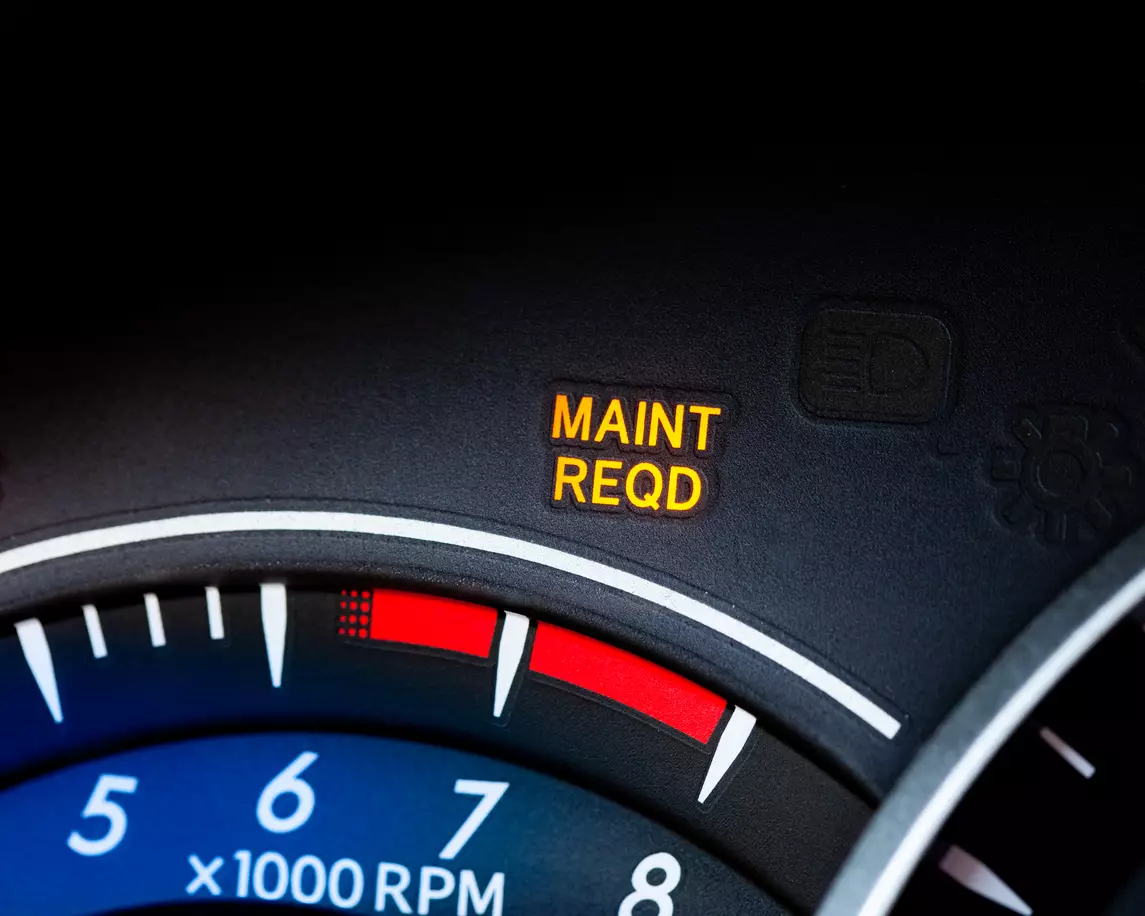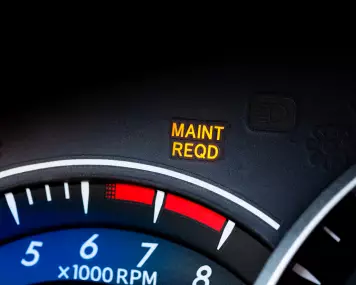Auto insurance rates are based on many factors, and one of them is how many accidents you have had. If you are at fault, it may determine whether or not your car insurance rates go up after a car accident.
What is a No-Fault Accident?
According to the National Highway Transportation Safety Administration (NHTSA), roughly one-third of all car accidents are rear-ended collisions. Additionally, 20% of all accidents are caused by someone running into something such as telephone poles, parked cars, shrubs, etc.
All car accidents are labeled either “fault” or “no-fault.” A fault accident is when you are the one who caused the accident, and a no-fault accident is when you are not at fault. Typically, the at-fault driver’s car insurance company is the one who must pay for damages.
It’s also important to note that each state has different types of laws regarding the fault of an accident. Some states are labeled no-fault states, and others are at-fault. The twelve no-fault states are Florida, Massachusetts, New York, New Jersey, Pennsylvania, Kentucky, Kansas, Michigan, Minnesota, North Dakota, Utah, and Hawaii. All other states are at-fault states.
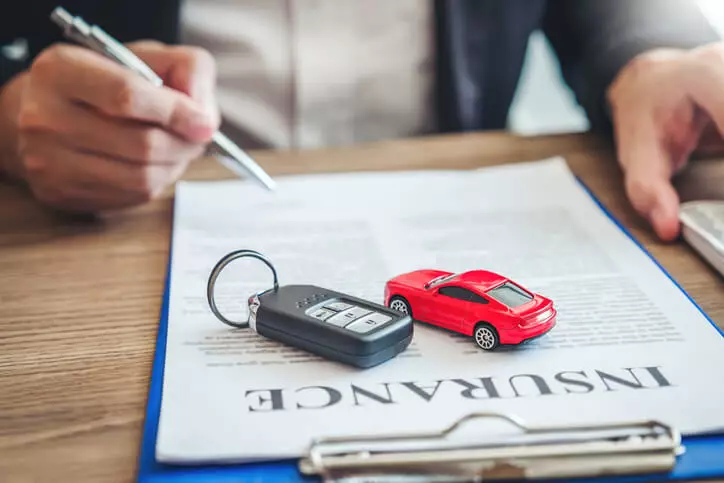
How Much Do Car Insurance Rates Go Up After an Accident?
Even after your first accident, your car insurance rates could potentially go up 30-45%. Additionally, any car accidents will also go on your driving record and could earn you negative points. For example, if you have Geico insurance after one accident that is your fault, your insurance costs will rise about 45%.
However, these days most insurers offer drivers accident forgiveness. This means that auto insurance companies like Progressive, Allstate, and USA will not raise their rates after one accident. However, any subsequent accidents will result in rate increases. In some cases, if you have too many at-fault accidents, you may lose your car insurance policy altogether or they might just raise rates on you.
Whether your rates go up or not is usually a result of whether you file an insurance claim, and your insurance provider has to pay medical bills and damages. If they do, then they will most likely raise your rates. If, however, you are not at fault and the other driver’s insurance pays the claim, then your rates should not increase.
However, the rules of insurance are not hard and fast, and as with most things, it depends on your experience. For example, if you had previous accidents or claims and were involved in a no-fault accident, your insurance company could choose to raise your rates because you are high-risk. The nationwide average rates go up is dependent on the insurance company. Some may only increase rates by 2% and others as much as 45%.
What if the At-Fault Driver Doesn’t Have Car Insurance?
If, however, you get into an accident with a person who does not have enough insurance to pay for all the medical bills and property damage, then your insurance company may have to kick in some funds. If that happens, you will have to first pay your deducible, and then your rates may also go up. In addition, in some cases, a driver won’t have any insurance, and your auto insurance company will have to pay for all bodily injury claims and property damage.
You find yourself in the same situation if you are involved in an accident because of an animal like hitting a deer.
What About a Hit-and-Run Accident?
If you were involved in a hit-and-run accident, your insurance would not go up as long as you report it to the police within 24 hours. You will need to pay your deductible, and then your insurance carrier will pay for the damage to your car.
How Will an Act of God Affect Your Car Insurance?
If your car is damaged by hail, a broken tree branch, or debris flying in the road from oversized trucks, your insurance company may pay for the damages, but your insurance rates should not go up unless you have had similar claims within the past 3-5 years. After that, it depends on your insurance company and its policies.
Does a No-Fault Accident Show on a Driving Record?
Yes. Even a no-fault accident will show up on your driving history and could result in points to your license. Each state varies in how it handles accidents, driving records, and point assessments.
Typically, car accidents and auto insurance claims will stay on your driving record for 3-5 years. However, that depends on the state and the driving record agency where you live.
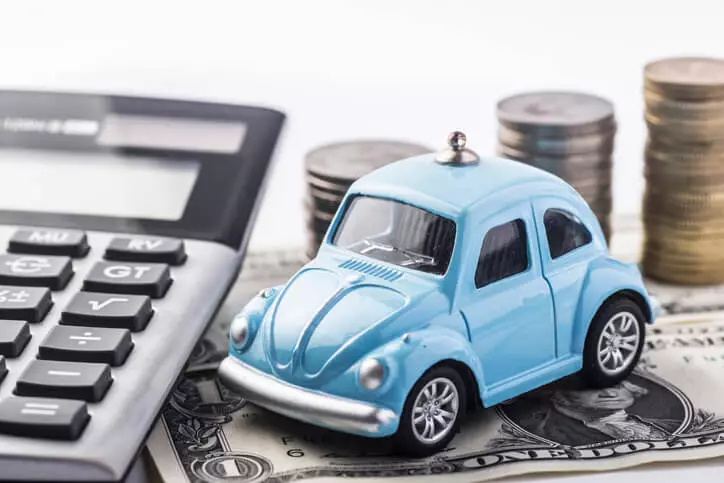
When Will Your Car Insurance Rates Go Up After a No-Fault Accident?
There are a few situations where your insurance rates could still go up even after a no-fault accident where you were completely innocent. These situations include:
You were hit by an uninsured motorist who has no insurance to pay any medical bills or damage claims. You will have to rely on your own insurance company, and they may raise your rates. Sometimes you need to carry special “uninsured motorist” coverage for this to occur.
If you were in an accident by a hit-and-run driver who did not stop to swap information, your insurance company may raise your rates if you do not file a police report and claim no-fault. In these cases, they may instead decide to have you pay a surcharge rather than raise your car insurance premiums.
If you were hit by a DUI driver or motorist with a lot of moving violations, you should be in the clear as long as you can prove that to your insurance carrier.
What Can You Do if Your Carrier Raises Your Car Insurance Rates?
If you are in a situation where you experienced an insurance rate increase, you should speak to your insurance agent to see if there is anything you can do to reduce them. If not, shop around for another carrier. However, if the accident shows up on your driving record, you may have difficulty finding affordable insurance coverage. Insurance providers use driving records to check to see how much of a risk you are.
If you can get a police report stating the accident was not your fault, you may have an easier time getting your company to reduce the rates or finding a new carrier. You may also have to agree to take a safe driving course. That can help reduce your rates as well. Look for carriers that have accident forgiveness programs. You may also have to wait for a while and stay accident-free before you can get better rates. State Farm Insurance offers safe driver discounts which can help a lot with affordability.
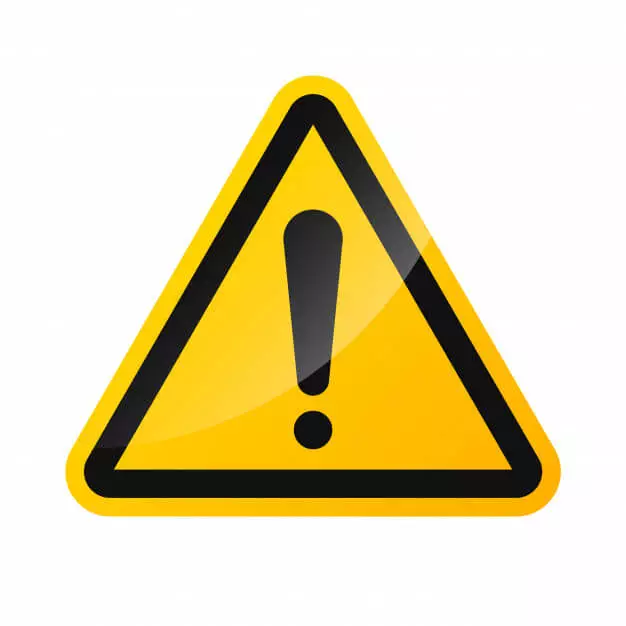
One way to ensure that you are always covered is to carry special personal injury protection (PIP) coverage which can pay for things like medical expenses and missed work time if you are injured in a car accident that was your fault or not.







